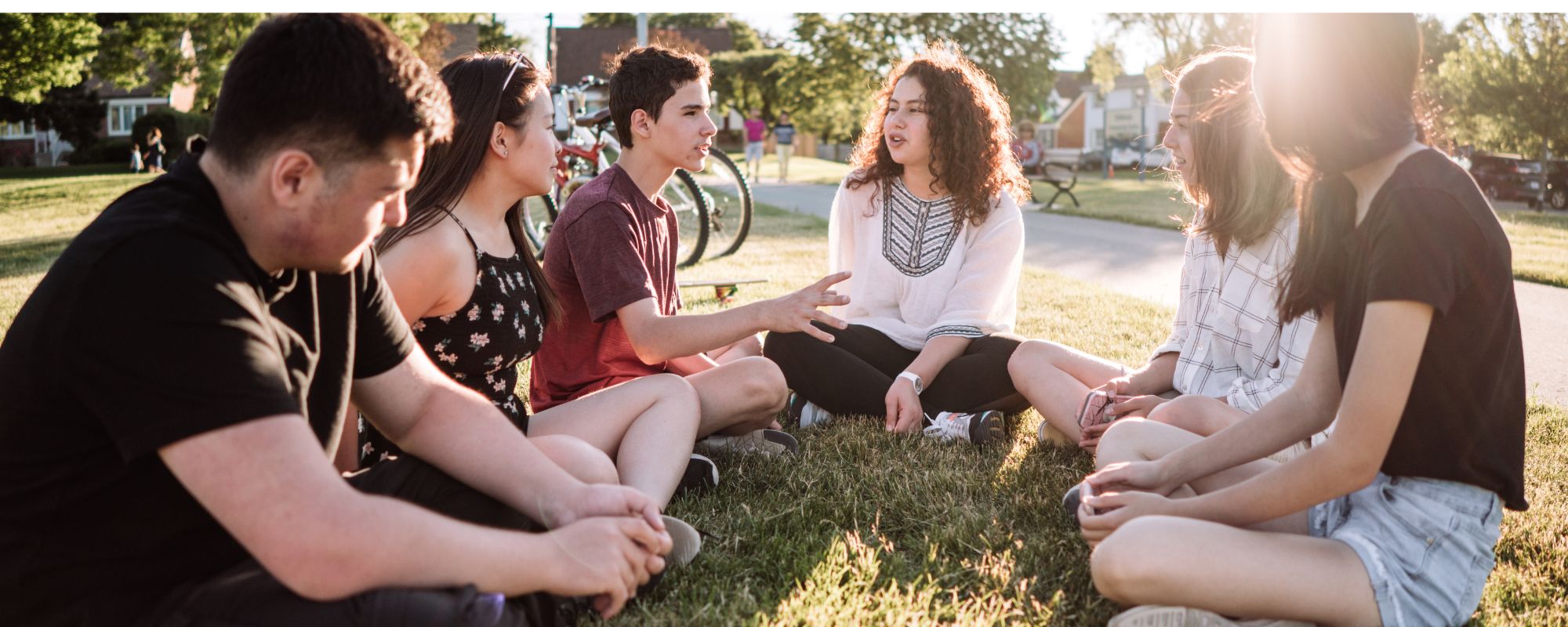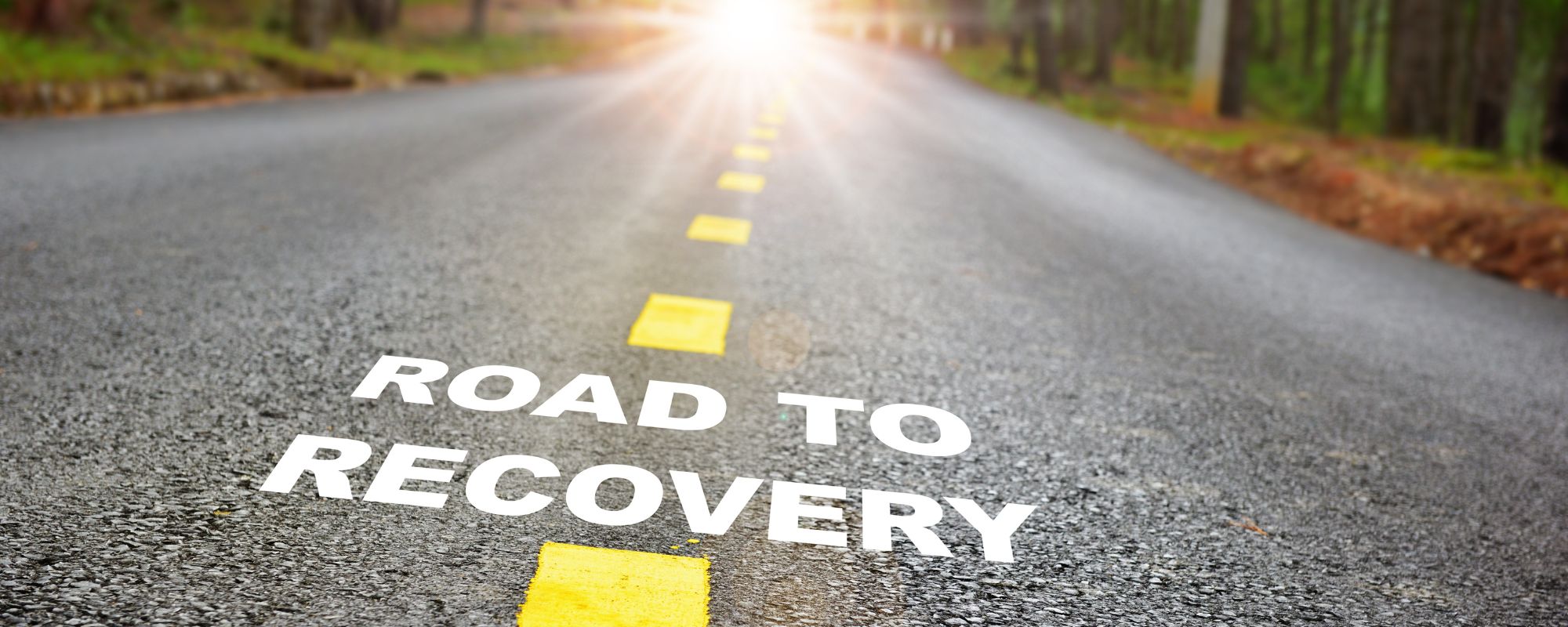As teenage substance abuse continues to pose a threat to adolescent communities throughout the nation, it has become more critical than ever to make sure our youths have access to effective prevention services and treatment options. A teen rehab center is a great option for those who want to learn more about addiction and how to overcome it.
If you are concerned that an adolescent loved one may be struggling with addiction, it is important to know how you can help and what their treatment options are.
Why Do Teenagers Abuse Substances?
With the widespread availability of illicit drugs, prescription medications, and other habit-forming substances, it comes as no surprise that there is still a rampant issue of teenage drug and alcohol abuse in the U.S.
There are many reasons why teenagers abuse substances. Some of the most common reasons adolescents may start abusing drugs and alcohol include:
- To cope with stress or difficult emotions: Teenagers often face a lot of stress, from schoolwork and relationships to social pressures and family problems. Substance abuse can provide a temporary escape from these stressors.
- To fit in with friends: Teenagers are often very susceptible to peer pressure. This means that if their friends are using substances, they may feel like they have to do the same in order to fit in.
- To experiment: Teenagers are naturally curious and adventurous, and many may experiment with substances in order to see what it’s like or to feel new sensations.
- To self-medicate: Some teenagers use substances to self-medicate for mental health conditions such as anxiety, depression, or ADHD.
- To rebel against authority: Teenagers often want to assert their independence and rebel against authority figures, and substance abuse can seem like a fun and easy way of doing this.
- Addiction: This is a chronic disease that affects the brain and behavior, meaning teenagers who are addicted to substances are unable to control their use, even if they know it is harmful.
It is important to note that not all teenagers who use substances will develop a problem. However, there are certain risk factors that can increase the likelihood of developing a substance abuse disorder, such as:
- Having a family history of substance abuse.
- Experiencing early trauma.
- Having mental health issues.
- Starting to use substances at an early age.
What Drugs Do Teenagers Abuse?
In 2022, 11% of eighth graders, 21.5% of 10th graders, and 32.6% of 12th graders were reported to have used any illegal substance within that year. Of these substances, nicotine, cannabis, alcohol, and narcotics other than heroin seem to be the most popularly abused by teenagers.
This is likely due to how widely available these particular substances tend to be, available in most pharmacies, gas stations, and general stores, as well as from their neighbors and even their own family members.
Unfortunately, this easy accessibility means that it is all too common for impressionable teens to want to experiment with dangerous substances. In many cases, this seemingly harmless experimentation can quickly turn into a dangerous habit. A teen rehab center can help.
How Can You Tell If a Teenager Is Using Drugs and Alcohol?
Substance abuse in teens can manifest in a variety of ways, affecting their behavior, appearance, and overall well-being. Knowing what signs to look out for can help you keep your adolescent loved ones safe and healthy.
Some potential signs of substance abuse in teens include physical signs, such as:
- Changes in appearance: This could include bloodshot eyes, dilated or constricted pupils, poor hygiene, changes in weight, or track marks on arms or legs.
- Physical health problems: Frequent headaches, nausea, vomiting, tremors, slurred speech, or difficulty concentrating can indicate substance use.
Many teenagers may also express behavioral signs of substance abuse, including:
- Changes in behavior: Teens may become withdrawn, secretive, or engage in risky behaviors. They may also have mood swings, become irritable, or show signs of paranoia or anxiety.
- Academic decline: Substance abuse can negatively impact a teen’s academic performance, leading to poor grades, increased absences, and disciplinary issues.
- Social changes: Teens may start hanging out with new friends who engage in substance use, and they may distance themselves from their old friends and family.
- Financial problems: Teens may start stealing money or valuables to support their habit, or they may borrow money from friends or family without repaying it.
Finally, mental and emotional signs are another major indicator of potential substance abuse issues amongst teenagers and can include:
- Changes in mood: Teens may experience sudden mood swings, becoming irritable, depressed, or anxious. They may also lose interest in activities and hobbies they once enjoyed.
- Difficulty concentrating: Substance abuse can impair cognitive function, making it difficult for teens to focus on schoolwork, tasks, or conversations.
- Risky behaviors: Teens may engage in risky behaviors, such as driving while under the influence, having unprotected sex, or self-harming due to impaired judgment and impulsivity.
It is important to note that these signs may not always indicate substance abuse, and there could be other underlying causes. With that being said, if you have noticed any of these signs in your teenager, it may be time to have an open and honest conversation with them about your concerns.
Seeking professional help can also be a good idea if you suspect substance abuse, as early intervention can make a significant difference in a teen’s recovery journey. Teenage addiction can feel scary, but with the right support and treatment, recovery is possible.
How To Find a Teen Rehab Center
Once you have confirmed that your teenager is struggling with substance abuse, it is important to know what your options are in terms of treatment. Fortunately, there are many resources and treatment centers that cater specifically to addiction in youths.
When looking for the right rehab center for your teen, there are several things you will want to look out for, including:
- Accreditation and Licensing: Verify that the rehab center is accredited by a reputable organization, such as the Joint Commission or the Commission on Accreditation of Rehabilitation Facilities (CARF), as these indicate that the facility meets industry standards for quality and effectiveness.
- Treatment Modalities: Consider the types of treatment offered by the rehab center. Different facilities specialize in various approaches, so it is important to choose a center that aligns with your treatment preferences and offers evidence-based practices for your specific needs.
- Individualized Care: Assess whether the rehab center provides individualized treatment plans tailored to your teen’s unique circumstances. A good program will consider addiction severity, personal history, and any co-occurring mental health conditions.
- Staff Qualifications: Evaluate the qualifications and experience of the rehab center’s staff. Look for therapists with relevant credentials and certifications, as well as experience treating individuals with similar concerns.
The best rehab center for your teen will have all of these qualities and more, ensuring that your loved one is in the best environment for attaining long-term recovery. Royal Life Centers meets the highest standards of care and makes sure each of our clients receives treatment specified to their needs.
Are you struggling with substance abuse and mental illness?
Royal Life Centers at Seaglass is here to help you recover. Because we care.
Teen Addiction Treatment at Royal Life Centers
If you have decided to send your teen to rehab, you will want to make sure they are receiving the best care possible. At Royal Life Centers, we understand this, which is why we strive to provide the best care possible to each of our clients, regardless of their age or background.
Our teen drug rehab program offers a variety of treatment options and recovery services to our younger clientele, including:
- Residential and outpatient treatment
- Medication-assisted treatment
- Behavioral and holistic therapies
- Life skills training
- Aftercare services
You can rest easy knowing that when you check your teen into our facility, you are leaving them in the caring hands of our dedicated and compassionate staff. Teenage addiction is hard, but we are here to make sure your loved one is able to achieve long-term recovery. Reach out to us now to learn more about our program today!
If you are ready to start your recovery, we are here to help every step of the way. Reach out to us by calling 877-RECOVERY to learn more about how our program can help you. Our admissions team is available 24/7 to help you begin your path to recovery today!













